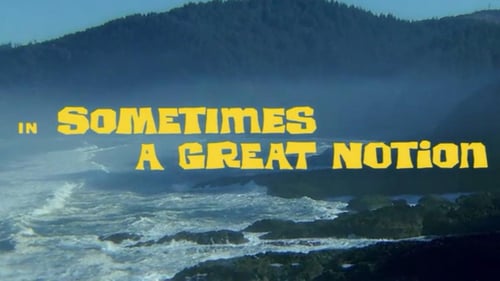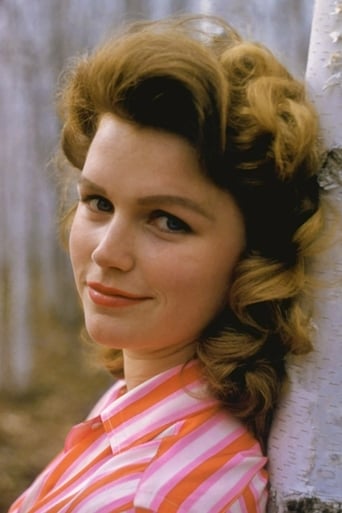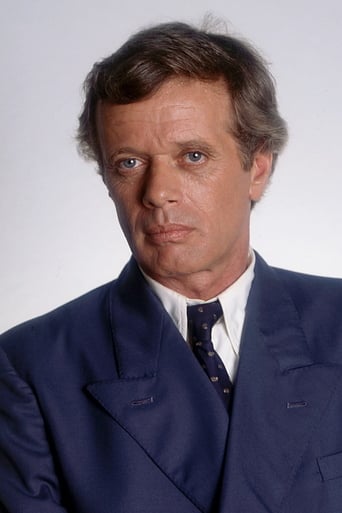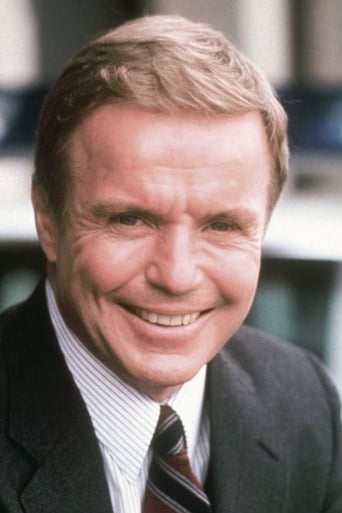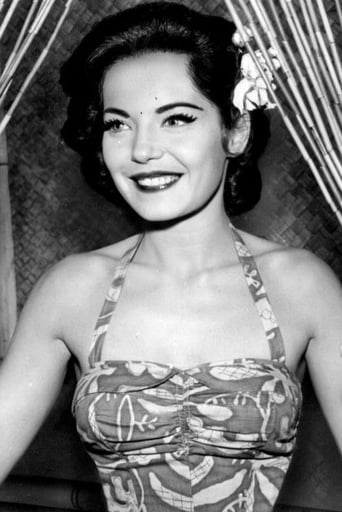PodBill
Just what I expected
Steineded
How sad is this?
Dynamixor
The performances transcend the film's tropes, grounding it in characters that feel more complete than this subgenre often produces.
Motompa
Go in cold, and you're likely to emerge with your blood boiling. This has to be seen to be believed.
kenjha
An Oregon logging family refuses to join the local union in a strike, leading to tension in the small town. The best-selling Kesey novel becomes a lackluster film. This was Newman's second stint in the director's chair and he seems unsure about how to tell a good story. The plot moves in fits and starts, making it hard to become invested in the story. Too much screen time is devoted to logging scenes that disrupt the narrative flow. The film is best remembered for a heart-wrenching scene involving a logging accident. Newman, Fonda, and Remick head a good cast, with Jaeckel particularly impressive as Newman's cousin.
sarielfire
Ken Kesey 's second novel, published in 1964, after writing One Flew Over the Cuckoo's Nest in 1962. When the publication of his second novel, Sometimes a Great Notion in 1964 required his presence in New York, Kesey, Neal Cassady, and others in a group of friends they called the "Merry Pranksters" took a cross-country trip in a school bus nicknamed "Furthur".[9] This trip, described in Tom Wolfe's The Electric Kool-Aid Acid Test (and later in Kesey's own screenplay "The Further Inquiry") was the group's attempt to create art out of everyday life. After the bus trip, the Pranksters threw parties they called Acid Tests around the San Francisco area from 1965-1966. Many of the Pranksters lived at Kesey's residence in La Honda. In New York, Cassady introduced Kesey to Jack Kerouac and Allen Ginsberg, who then turned them on to Timothy Leary. Sometimes a Great Notion was made into a 1971 film starring and directed by Paul Newman; it was nominated for two Academy Awards, and in 1972 was the first film shown by the new television network HBO, in Wilkes-Barre, Pennsylvania. "The answer is never the answer. What's really interesting is the mystery. If you seek the mystery instead of the answer, you'll always be seeking. I've never seen anybody really find the answer-- they think they have, so they stop thinking. But the job is to seek mystery, evoke mystery, plant a garden in which strange plants grow and mysteries bloom. The need for mystery is greater than the need for an answer."-- Ken Kesey
rgrant3700
The death scene involving the characters of Mr. Newman and Mr. Jaeckel was as moving and emotional as i have seen in 70 years of watching films. Others have stated that this film fails to live up to the novel by Ken Kesey. On its own merit this reviewer takes under consideration the fine ensemble acting and the rich photography to make this film memorable. Lee Remick, because of her talent, always turns in a believable performance. This movie is being featured on some movie channels this weekend, so i strongly recommend it to viewers. Its important to note the direction of Paul Newman. This is one his earliest directorial efforts.
gmacpherson-1
The scene in which Paul Newman is trying to keep Richard Jaeckel alive using mouth-to-mouth is one of the most haunting and memorable from that era's films (late 60s/early 70s; for my money, the true golden age of cinema). Here are some others I would compare it to: 1.) Oliver Reed vs. a pack of wolves in "The Trap". Reed's greatness as an actor was overshadowed by his off-screen, alcohol-induced antics, but watch him, outnumbered, terrified and enraged, fighting for his life in this scene - he was never better. 2.) The final slow-motion rodeo scene in J.W. Coop: Final score: Bull 1, Cliff Robertson 0. Still can't figure out how they filmed it - it looks like a snuff film. 3.) The opening 'frying pork chop' sequence from "Electra Glide In Blue". Flabbergasting and brilliant.

